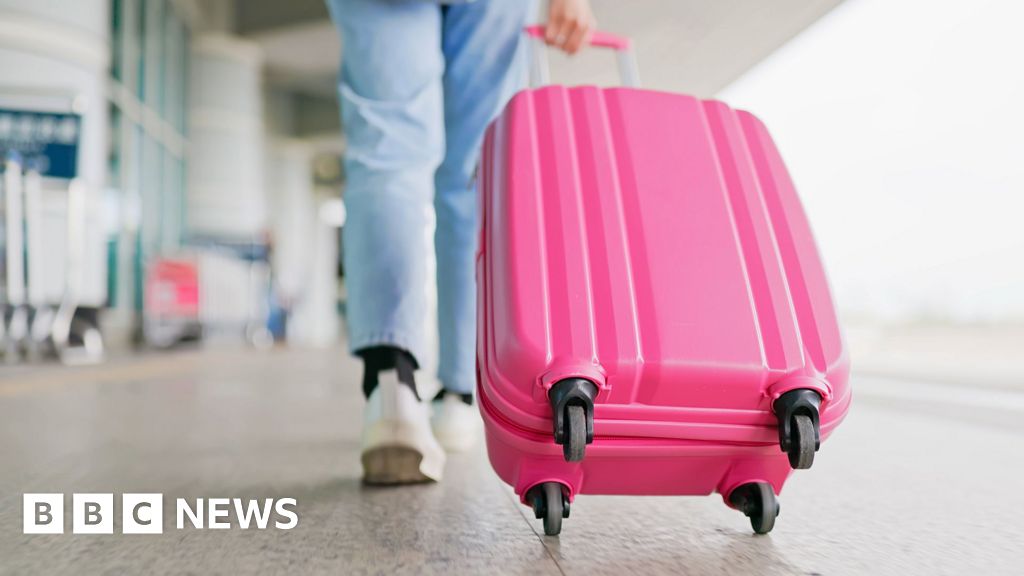ARTICLE AD BOX
By Michael Race
Business reporter, BBC News
Image source, Getty Images
UK diesel prices rose to a record of just over £1.80 a litre as efforts to stop importing fuel from Russia pushed up costs for retailers, the RAC said.
After the previous record of £1.79 was set in March following the Russian invasion of Ukraine, prices dipped but have risen again in recent weeks.
The RAC said petrol prices went up by nearly 3p a litre since the start of May and were £1.66 a litre on average.
It said if EU members agreed to ban Russian oil, prices could rise further.
The EU has been focusing for weeks on how to wean itself off Russian energy and has plans to phase out Russian crude oil over six months.
However, countries are split on how soon they wind down dependence - Hungary has rejected the proposal as unacceptable and the Czech and Slovak governments want a transition period.
Although the UK only imports a small amount of Russian oil and is not as dependent on it as the EU is, it is still affected when global prices rise.
"Efforts to move away from importing Russian diesel have led to a tightening of supply and pushed up the price retailers pay for diesel," said RAC fuel spokesman Simon Williams.
"Unfortunately, drivers with diesel vehicles need to brace themselves for yet more pain at the pumps."
Cutting back
In recent weeks, fuel sales have fallen as drivers have cut back on the number of journeys they make due to higher pump prices
Petrol station operator Ascona Group, which owns 60 UK petrol stations, said the amount of fuel it sold had dropped by 200,000 litres a week compared to pre-pandemic levels.
Managing director Darren Briggs said customers were making £20 to £30 fuel purchases "last a little bit longer".
The Office for National Statistics revealed last week that the UK's economy shrank by 0.1% in March and said higher prices, including those at the petrol pumps, were "really beginning to bite".
The downturn came ahead of the impact of higher energy bills in April, which has sparked fears from analysts that the UK economy is at risk of a recession - defined as the economy getting smaller for two consecutive three-month periods - later this year.
In a bid to curb rising fuel prices, Chancellor Rishi Sunak cut the fuel duty by 5p a litre after previous record prices were seen in March.
The RAC said then the cut was "a drop in the ocean" and now claimed drivers would be better off if had Mr Sunak reduced VAT on fuel.
"Had Mr Sunak reduced VAT to 15% as we called on him to do instead of cutting duty by 5p, drivers of diesel vehicles would be around 2p a litre better off, or £1 for every full tank," Mr Williams said.
"As it is, drivers are still paying 27p VAT on petrol and 29p on diesel, which is just the same as before the Spring Statement."
The BBC has contacted the Treasury for comment.
The price of Brent crude oil - the global benchmark for prices - has soared in recent months after Russia's invasion of Ukraine raised concerns of potential global supply issues.
Ahead of the invasion, fuel prices had already been rising after demand increased following the reopening of economies from coronavirus lockdowns.

 3 years ago
41
3 years ago
41








 English (US) ·
English (US) ·